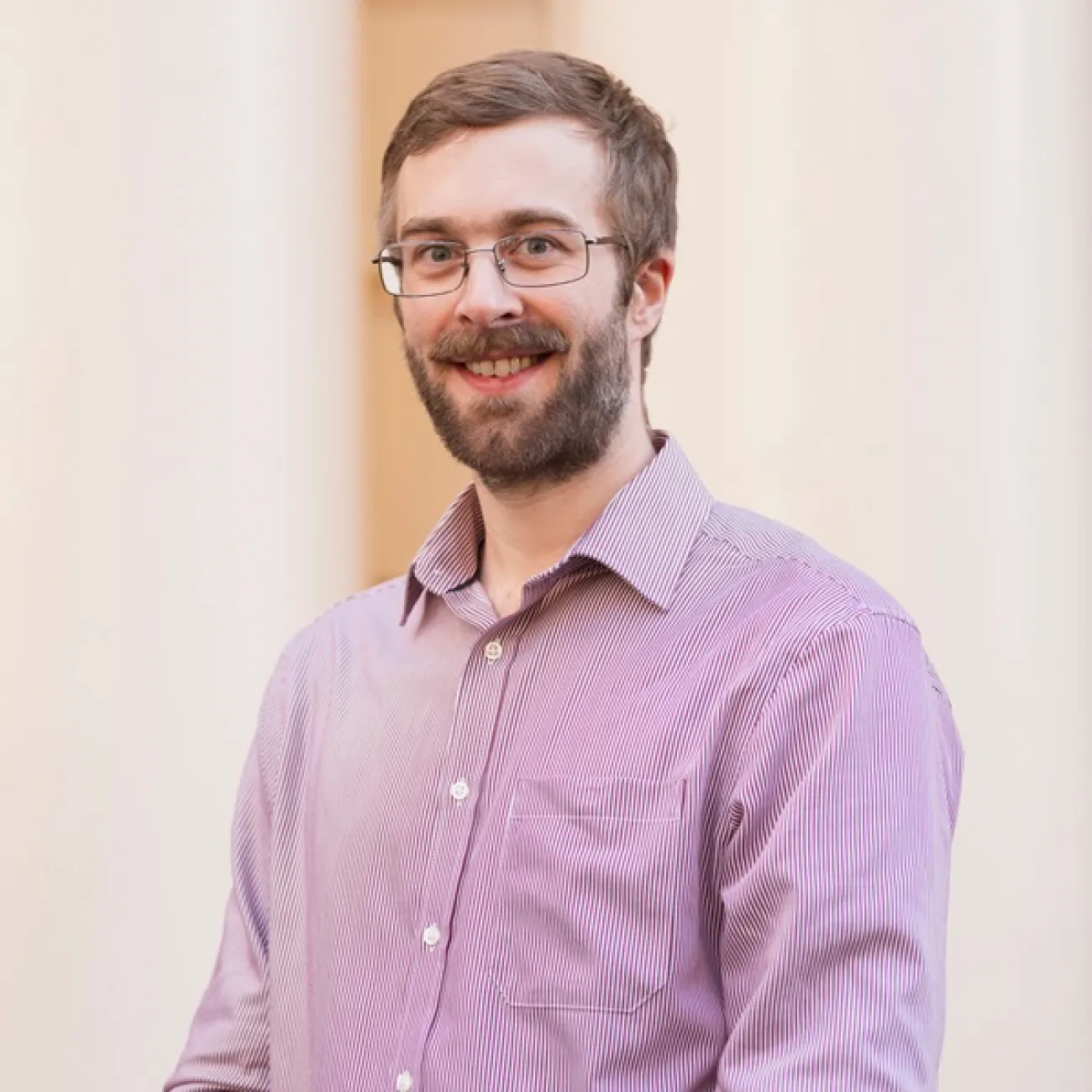About
Jan Buermann has over eight years of experience in driving research and innovation initiatives and strategies, having completed a PhD in Computer Science/AI and 15 years in software engineering. Jan currently leads the development and delivery of research impact and public engagement initiatives for the UKRI Centre for Doctoral Training in Machine Intelligence for Nano-Electronic Devices and Systems (MINDS). He works closely with PhD students to transform cutting-edge research into tangible outcomes such as demonstrators, prototypes, open-source tools, and policy or industry briefs, bridging the gap between academic research and real-world impact.
In addition, Jan serves as the Researcher Development Concordat Champion for the School of Electronics and Computer Science, promoting best practice in supporting the school's research environment and researchers' career development.
